Excess e-mail, endless online searches and media subscriptions, 24-7 smartphone access, and the list goes on The information age has created a massive influx of material to wade through on a daily basis to get to the heart of any matter. By necessity, time-strapped employers have become scanners, desperately searching for the juicy nugget that stops them in their tracks because it delivers what they need. This book is packed full of winning phrases that make you stand out in a sea of noise. The right wording can set you apart from hundreds of applicants, all vying for the same position. If you want to ride the fast lane to the job of your choosing, youve got to wow them with words from your cover letter to your resume to the final interview. What you say and
can work for you in powerful ways that you can literally take to the bank.
But these words can just as easily work against you if youre unable to cut to the chase and promote your genius in a persuasive manner. Thats where this book becomes invaluable. It will teach you how to sell yourself, and inside youll find the most magnetic keywords and phrases to help you do just that. From the cover letter and resume on to the job interview and the follow-up, youll discover tested advice that will put you out front in all stages of your job search. With 1,001 phrases, keywords, and action verbs that compel employers to give you their undivided attention, youll never find yourself struggling with writers block or grasping for the right thing to say. Whats more, youll find the industry-specific terminology thats like music to your employers ears.
You see, it doesnt matter if sales is the furthest from your chosen career path; for now, you need to acquire the skills of a master salesperson and use them to broadcast your passion, strengths, and unique talents to your prospective employer. By learning how to string together powerful phrases and honing in on the words that employers most want to hear, you will not only get noticed, but youll bolster your confidence and find a direct path to Youre hired!
Chapter 1
CRAFTING YOUR
COVER LETTER
Dos and Donts
The cover letter is the most critical step in the pursuit of a job. It is the first impression you make, and you only get one chance to make a stellar one. Introducing yourself to a stranger whose job it is to critique you can, for some, be paralyzing. Most of us spend way too much time staring at a blank page trying to conjure up the perfect words for the situation. However, writing a cover letter that lands you an interview can be achieved more easily than you think.
Following the RIGHT formula, discussed in the next paragraph, can get you started. This formula will guide you through the process of finding those perfect words. Sometimes they are provided in the job posting itself, and other times you can pluck them from the industry samples you owe it to yourself to review. In this chapter, you will also learn about various kinds of cover letters as well as the basic components of a cover lettereach paragraph in the document seeks to communicate specific strategically targeted and job-function-focused information that you dont want to accidentally leave out.
Write Your Cover Letter the RIGHT Way
Writing your cover letter is as simple as following a five-step process. Just think of the acronym R-I-G-H-T.
It stands for Review, Identify, Generate, Hone, Transmit. When following this process, you will: Review Samples, Postings, or Descriptions To inspire initial efforts and motivate actions, review sample cover letters and postings as well as job descriptions. Think about the phrases or special language used in these items. Key phrases in job postings must be transformed into the best paragraphs in your cover letters. If imitation is the most sincere form of flattery, it can be the best cover letterwriting strategy.  RED FLAG!
RED FLAG!
DONT DISPLAY A LACK OF KNOWLEDGE about your industry.
Know the buzzwords that get your cover letter noticed. Identify Resume Key Points Look at your resume and think about how it relates to the job for which youre applying. Identify key points that you wish to highlight in your cover letter. These should be field-focused qualities as well as directly related academic, employment, or co-curricular achievements. What is it about your resume that you think is most strategically linked to targeted career fields and the specific job or particular functional areas of an employer? What two resume entries do you want the cover letter reader to examine in detail? Generate a Draft Keep your first draft to one page if possible, but dont worry too much about length. Later, youll edit to the desired word count.
Use the examples in the sample cover letters for inspiration, but dont copy word for word any of the samples that inspire you. Just get some ideas down on paper or on screen. Dont feel pressured to generate your final draft first. Hone a Finished Version This is when youll edit the content to achieve maximum effectiveness and impact. The finished version should not contain typos or any major grammatical or style errors. Remember, this is your first writing assignment for your prospective employer.
Transmit via E-mail or Fax, Then Mail Once done, dont delay communication. There truly is no reason to wait. Never procrastinate. Proceed to the next section to learn details regarding cover letter format, content, and specifics to completing the five steps to cover letter success.
Which Letter to Send
The lists within this section define different types of cover letters, the circumstances for which they are appropriate, and to whom they are sent.
Letters of Application Used When Responding to Postings
These letters target:

Confidential Postings (when employers are not identified).
Letters of Application Used When Responding to Postings
These letters target:

Confidential Postings (when employers are not identified).
These letters must focus on the job descriptions and the skills you possess to succeed in the position.  Employer Identified Postings (with the employer clearly noted, yet a contact name may not be given). These letters should reveal research on the company. If you dont have someone to address letters to, use memo format.
Employer Identified Postings (with the employer clearly noted, yet a contact name may not be given). These letters should reveal research on the company. If you dont have someone to address letters to, use memo format.  Employment Agencies (when employers are not identified).
Employment Agencies (when employers are not identified).  Executive Search Firms (when employers are not identified).
Executive Search Firms (when employers are not identified). 

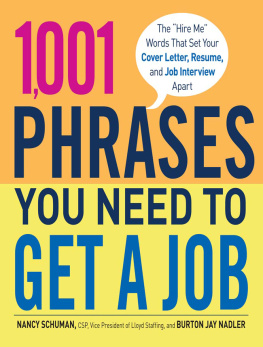
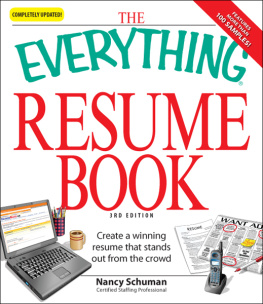
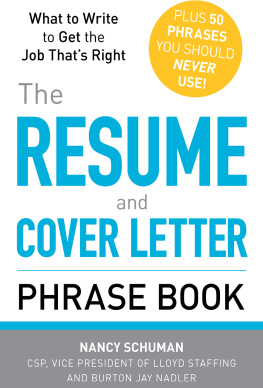
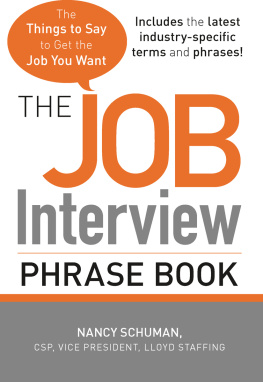
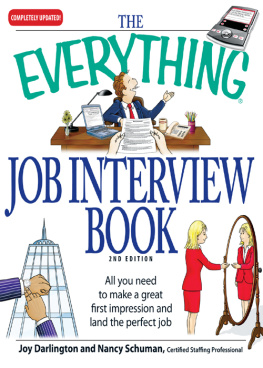
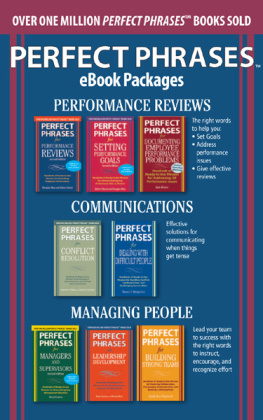

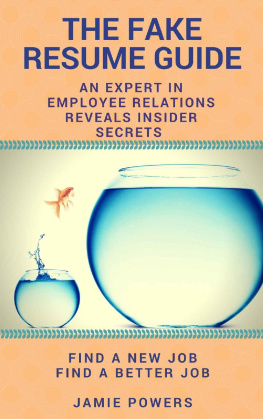
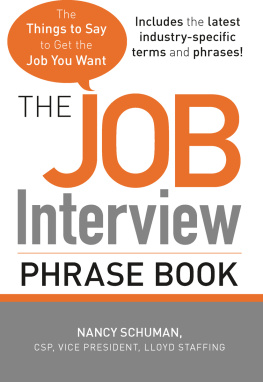
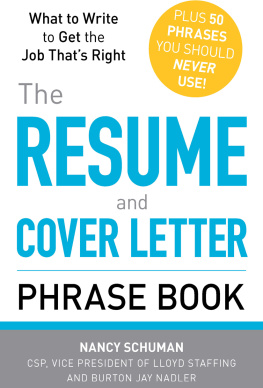
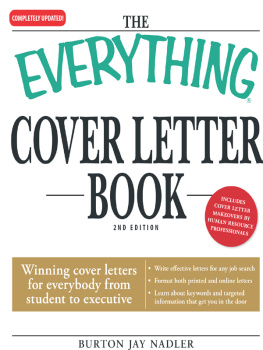
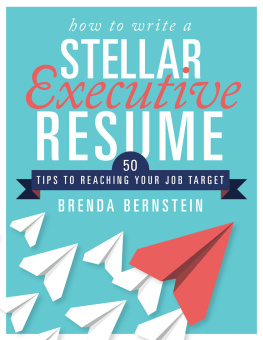



 RED FLAG!
RED FLAG! Confidential Postings (when employers are not identified).
Confidential Postings (when employers are not identified).